Results for: safeminds
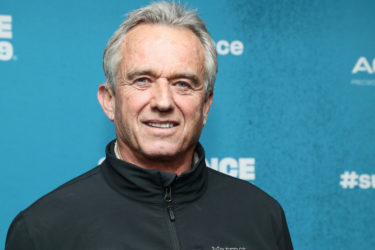
Is Robert F. Kennedy, Jr. antivaccine? Judge him by his own words!
Last week, an antivaxxer on Substack—where else?—tried to argue that Robert F. Kennedy, Jr. is not antivaccine by encouraging you to judge him by his own words. I agree. You should judge RFK Jr. by his own words, as they show definitively that he has been antivaccine since at least 2005.
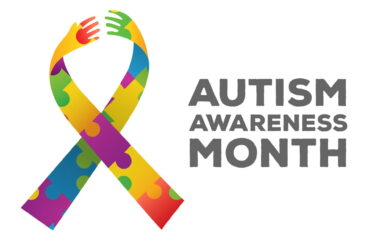
Autism prevalence increases to 1 in 38, and antivaxxers blame vaccines without using the word “vaccine”
The CDC updated its estimates for the prevalence of autism spectrum disorders. Predictably, antivaxxers blame the increasing prevalence of ASDs reported, particularly in Black children, on "environmental factors," which is antivax code for, "Vaccines are to blame."

After 15 years of SBM: Lessons learned and what the future holds
Last week, Dr. Novella discussed what SBM has accomplished over the last 15 years. I'm going to discuss lessons learned, what has changed, and remaining huge challenges. Unfortunately, after the pandemic, our position in 2022 reminds me even more than ever of Aragorn at the Black Gate of Mordor, but that does not mean things are hopeless.
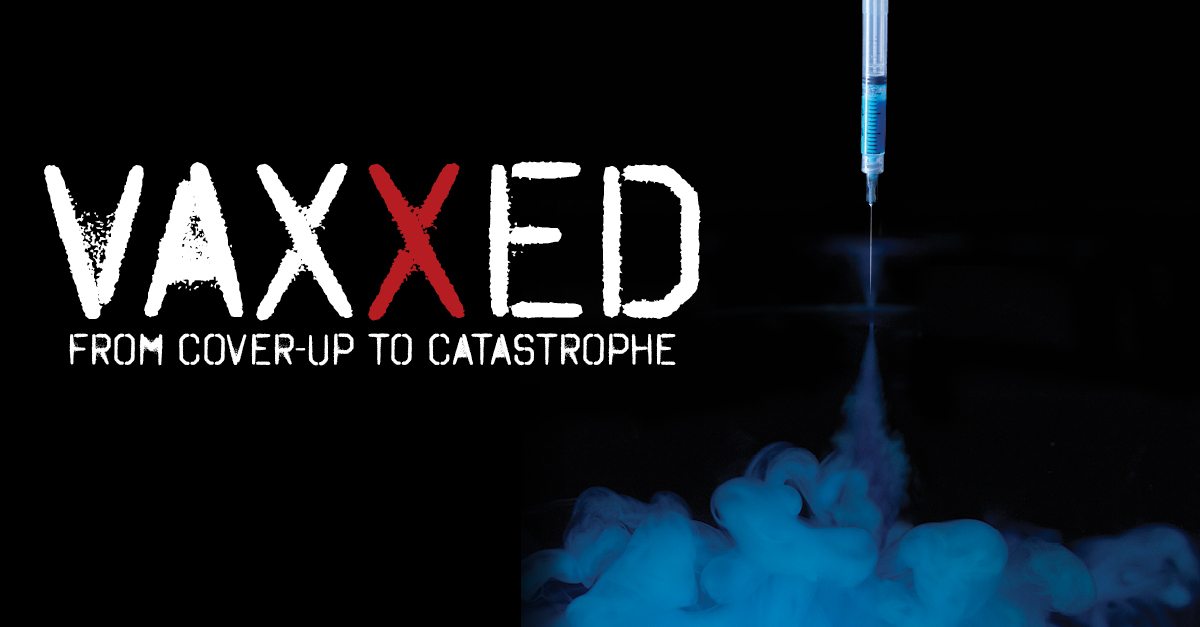
Reviewing Andrew Wakefield’s VAXXED: Antivaccine propaganda at its most pernicious
Antivaccine "hero" Andrew Wakefield has recruited Del Bigtree to help him make a movie about the "CDC whistleblower" manufactroversy and anti vaccine conspiracy theories in general. The results are so ham-fisted that they would make Leni Riefenstahl shout, "Zu viel!" ("Too much!")

Antivaccine activists fund a study to show vaccines cause autism. It backfires spectacularly.
Having written about pseudoscience and quackery continuously for over a decade and having engaged in conversations about it online for over 15 years, I’ve come to recognize a number of traits that are virtually the sine qua non of quacks and pseudoscientists and their believers. Obviously, one of them is a severe case of the Dunning-Kruger effect, a tendency of those with...
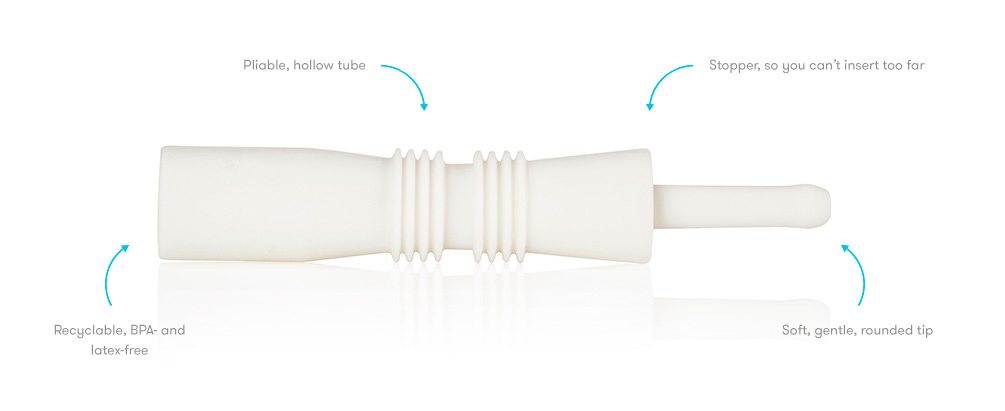
The Windi: Revolutionary Relief for Colic or a Pain in the Butt
We tend to cover some very serious topics here on Science-Based Medicine. In fact, most of our posts are downright depressing. This will hopefully not be one of them. In just the past few weeks we have written about the public health menace of anti-vaccine pseudoscience, autistic children being subjected to dangerous bleach enemas, and chiropractic-induced stroke in children. Unsurprisingly, there is...
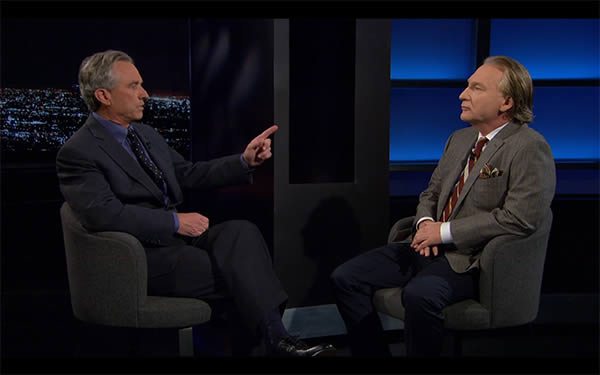
Bill Maher: Still an antivaccine crank after all these years
Bill Maher likes to represent himself as the epitome of rationality, primarily on the basis of his rejection of religion. However, rejection of religion does not necessarily make one a skeptic. Maher has demonstrated this over the last decade based on his embrace of antivaccine pseudoscience and other unscientific views. This time around, he fawned over antivaccine activist Robert F. Kennedy Jr.

How “they” view “us”
We skeptics like to view ourselves as the heroes, as the ones beating back the tide of pseudoscience and protecting the gullible from quacks. Unfortunately, the very victims whom we seek to save don't see it that way. To them, we are the villains, and they hate us. To all too many of them, almost any means are justifiable to combat us....
Autism prevalence: Now estimated to be one in 68, and the antivaccine movement goes wild
There used to be a time when I dreaded Autism Awareness Month, which begins tomorrow. The reason was simple. Several years ago to perhaps as recently as three years ago, I could always count on a flurry of stories about autism towards the end of March and the beginning of April about autism. That in and of itself isn’t bad. Sometimes the...

